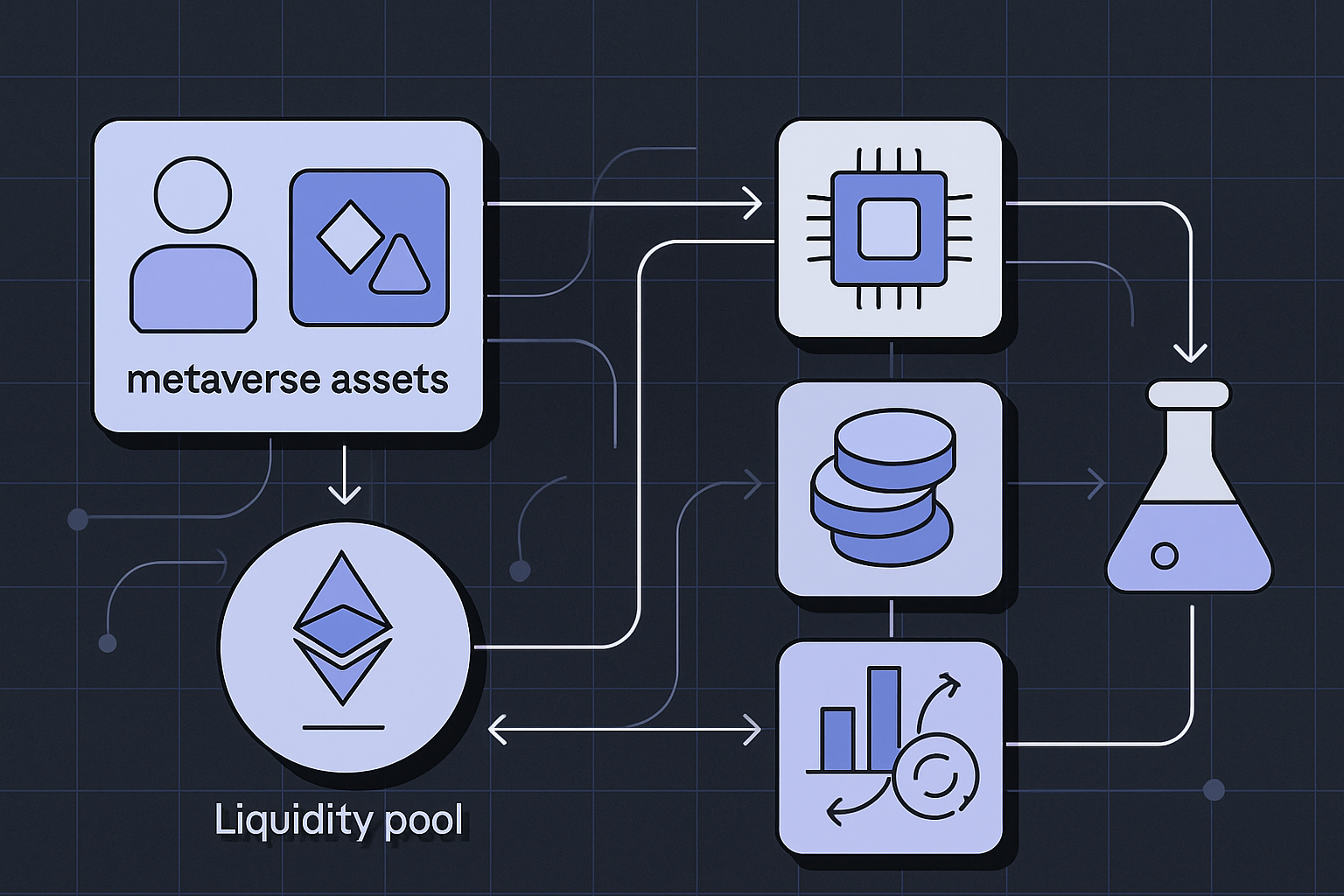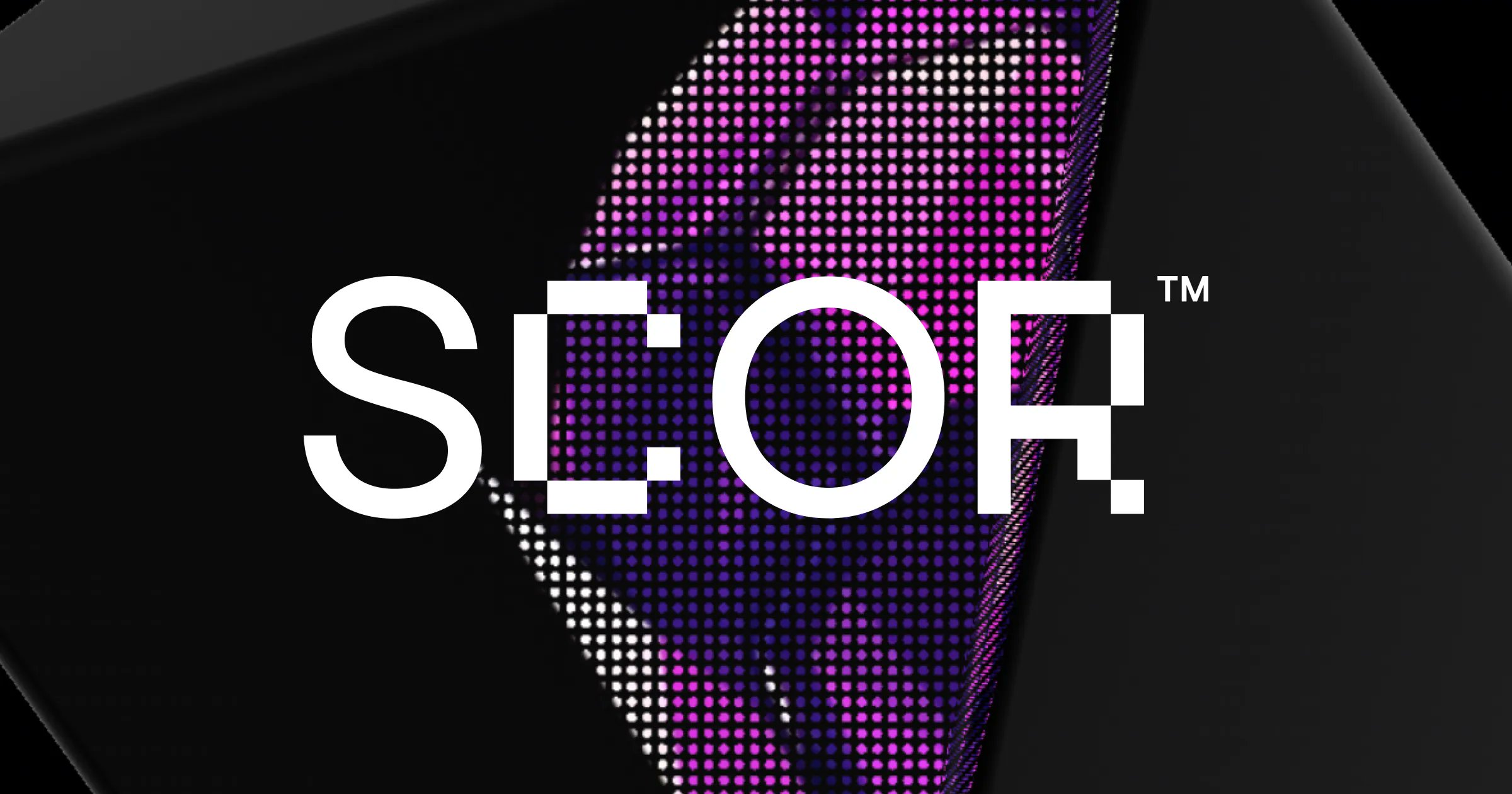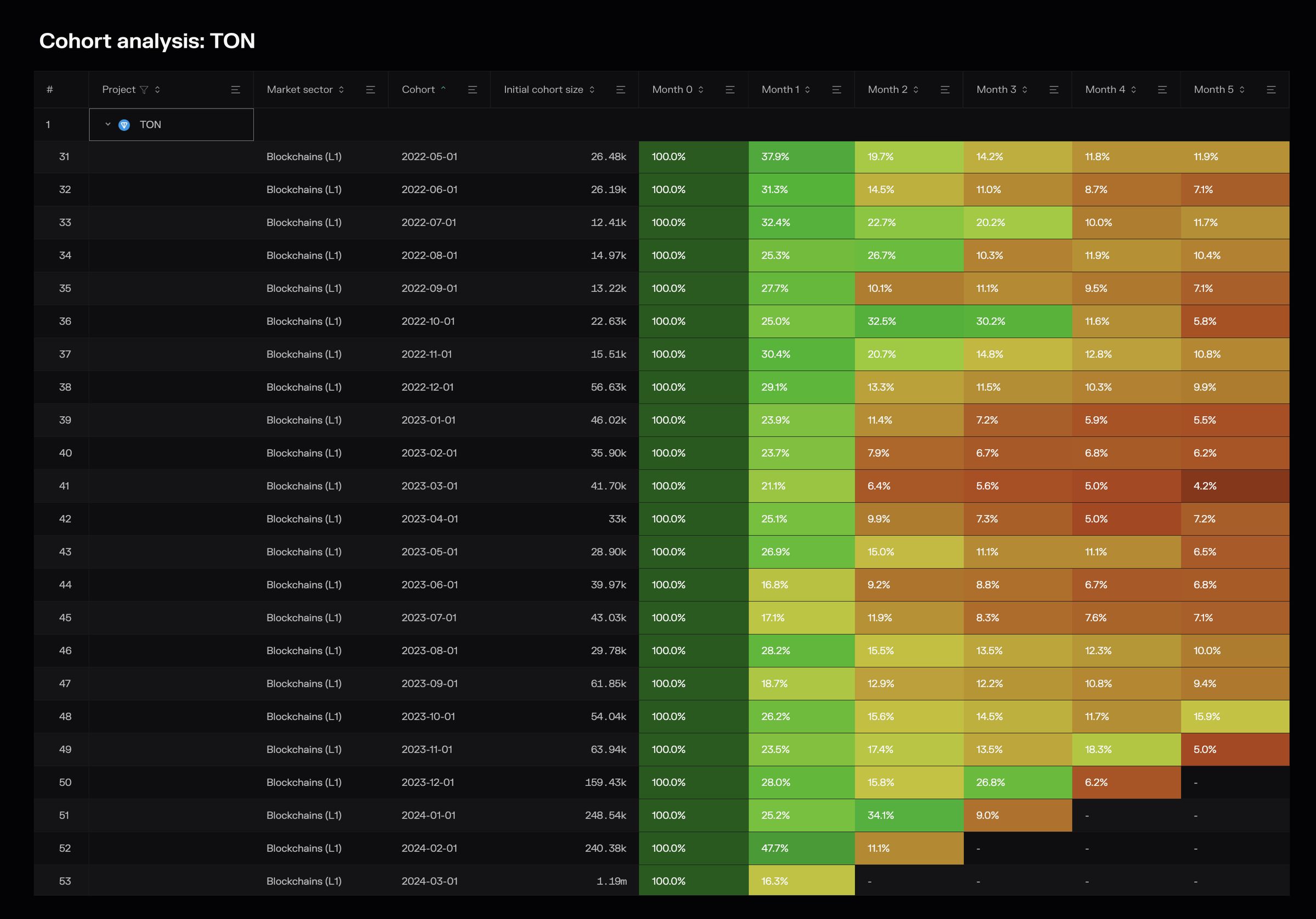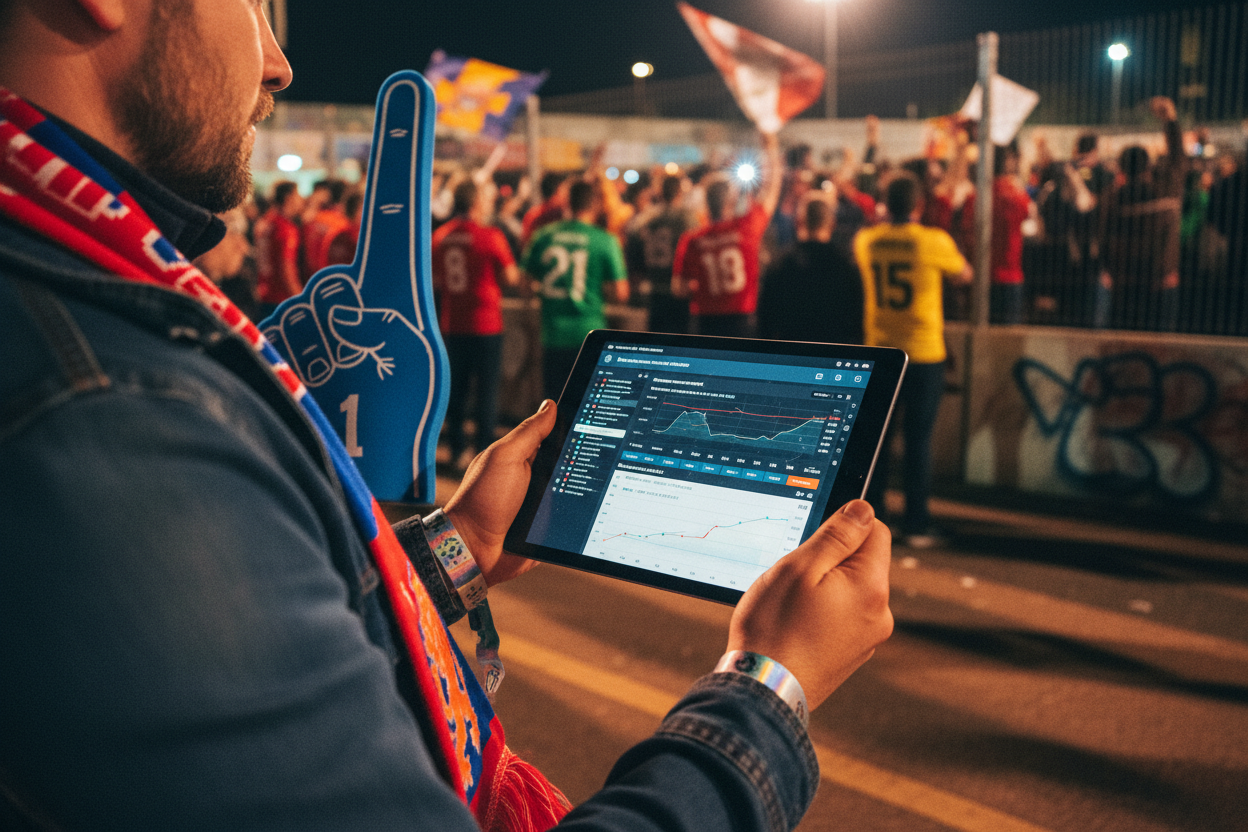
In the rapidly evolving landscape of on-chain sports, SCOR Protocol is emerging as a foundational layer for programmable fandom, fan rewards, and true Web3 fan ownership. By leveraging blockchain infrastructure and innovative tokenomics, SCOR is not only digitizing sports intellectual property (IP) but also redefining how fans interact with their favorite teams, athletes, and leagues. The protocol’s mission is clear: remove intermediaries, empower users with verifiable on-chain achievements, and create a sustainable economic loop where both IP holders and fans are direct beneficiaries.

Programmable Sports IPs: Unlocking New Dimensions of Fan Engagement
Traditionally, sports IPs, logos, player likenesses, historical moments, have been tightly controlled by leagues or third-party licensors. Monetization was limited to licensing deals or merchandise sales. SCOR Protocol disrupts this paradigm by registering sports IPs as programmable assets on a universal ledger. This move transforms static rights into dynamic digital assets with customizable usage parameters.
The implications are significant. Teams and athletes can now offer their IPs for integration across a multitude of applications within the SCOR network, ranging from fantasy leagues to collectible games, while maintaining granular control over access and monetization. For example, athlete stickers launched on Telegram’s Fuse marketplace aren’t just collectibles; they carry gameplay utility that provides competitive advantages in various mini-games. This programmable approach generates new yield streams for IP holders while making fan participation more interactive and valuable.
Fan Rewards on Blockchain: From Passive Spectators to On-Chain Stakeholders
The heart of SCOR’s model is its peer-to-peer rewards system powered by the $SCOR token, built on The Open Network (TON). Fans are incentivized not just for passive support but for demonstrable skill and engagement, every prediction made, game played, or challenge completed is recorded as verifiable on-chain skill. These achievements become part of each user’s interoperable SCOR-ID identity.
This system has several key advantages:
- Permanence: Achievements are immutably stored on-chain as proof-of-fandom.
- Tangible Value: $SCOR tokens earned can be redeemed for perks such as digital collectibles, premium access, team merchandise, season tickets, or even exclusive experiences.
- No Rent-Seeking Intermediaries: Value flows directly between fans and IP holders; there’s no central authority extracting fees from either side.
The $SCOR tokenomics model further supports this ecosystem with a capped supply of 4 billion tokens, a significant allocation reserved specifically for ongoing community rewards and ecosystem development. This ensures sustained engagement while preventing runaway inflation that has plagued other Web3 projects.
The Rise of Web3 Fan Ownership: Decentralized Identity Meets Community Power
A key innovation underpinning the SCOR ecosystem is the creation of an interoperable on-chain identity, or SCOR-ID. This identity acts as a permanent record of all fan activity, predictions made, games won, collectibles owned, and serves as both a badge of honor and a functional passport across all integrated applications in the network.
This decentralized approach marks a stark departure from legacy models where fan loyalty was ephemeral (measured in likes or ticket sales) and rarely rewarded beyond superficial badges. Now, every action is traceable and valuable within an open economy where fans can actively participate in governance decisions or even co-own digital assets alongside teams or leagues. For more insights into how these dynamics are reshaping fandom utility across sports verticals, see this analysis.
As the ecosystem matures, we’re witnessing a measurable shift in the balance of power. Fans equipped with SCOR-IDs and $SCOR tokens become active participants in the value chain, not just consumers. This programmable infrastructure enables new forms of engagement: fans can earn governance rights, co-create branded content, or even unlock tiered experiences based on their on-chain achievements. The result is a granular, data-driven approach to fandom where every interaction is quantifiable and rewarded.
SCOR’s integration with platforms like Sweet and Telegram mini-games further amplifies this effect. Here, digital collectibles are more than static NFTs; they serve as functional game pieces with real-world perks. For example, winning a challenge in a Telegram mini-game doesn’t just boost your leaderboard rank, it can also unlock merchandise discounts or early access to team events. This dynamic utility bridges the gap between digital engagement and tangible fan benefits.
Tokenomics and Ecosystem Sustainability: Aligning Incentives for Long-Term Growth
The careful design of $SCOR’s tokenomics underpins its long-term sustainability. With a capped supply of 4 billion tokens, inflation risk is minimized, a critical factor given the volatility seen in many prior fan token experiments. A significant portion of this supply is earmarked for ecosystem rewards, ensuring that both early adopters and new entrants have ongoing incentives to participate.
The protocol’s peer-to-peer architecture eliminates traditional rent-seeking layers found in legacy sports licensing models. Instead, value accrues directly to those who create it, fans through skillful play and engagement, IP holders through programmable asset deployment. This closed-loop system creates a mutually reinforcing cycle: higher fan activity drives more demand for IP integrations, which in turn increases token utility and potential yield for all stakeholders.
Key Benefits of SCOR Protocol for the Sports Ecosystem
-

Direct Fan Rewards: Fans earn $SCOR tokens by participating in on-chain games, challenges, and engagement activities, redeemable for merchandise, digital collectibles, and exclusive experiences.
-

Programmable Sports IPs: Teams and athletes can register their sports IPs as programmable assets on a universal ledger, enabling customizable licensing, yield generation, and cross-platform integration.
-

Verifiable On-Chain Achievements: Fan engagement and skill are recorded as permanent, verifiable on-chain identity and achievements, creating tangible value and recognition within the SCOR ecosystem.
-

Decentralized Ownership & Governance: The protocol removes intermediaries, empowering fans, teams, and athletes with direct ownership, transparent participation, and governance over sports assets and experiences.
-

Developer-Friendly Ecosystem: Built on The Open Network (TON), SCOR offers scalable, fast, and accessible blockchain infrastructure, with a capped supply of 4 billion $SCOR tokens reserved for ecosystem growth and innovation.
What’s Next for On-Chain Sports Fandom?
SCOR Protocol’s model points toward a future where Web3 sports ownership is not just aspirational but operational at scale. As more leagues and teams tokenize their IPs and adopt on-chain fan engagement strategies, expect to see:
- Expanded Play-to-Earn Models: Fans will compete in skill-based games with direct economic upside.
- Programmable Loyalty Programs: Automated rewards tied to verified on-chain actions rather than off-chain proxies.
- Decentralized Governance: Token-holding fans voting on club decisions or new product features, an unprecedented level of influence.
This trajectory aligns with broader trends across Web3 where user ownership and composable digital assets are becoming standard expectations rather than fringe innovations. For those interested in how these mechanisms are transforming real-time sports experiences through blockchain integration, this resource offers additional context.
The net effect? SCOR Protocol isn’t just building tools for fandom, it’s architecting an entirely new economic layer for sports culture itself. By formalizing proof-of-fandom as an asset class and aligning incentives across all stakeholders, SCOR sets the pace for what meaningful community participation looks like in the decentralized era.









